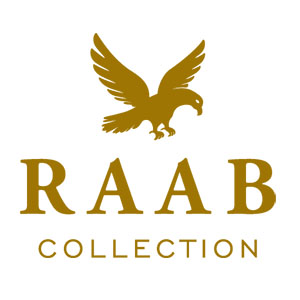signed
19/03/1913
by Theodore Roosevelt
19/03/1913. “We should go good-humoredly ahead with our own organization as a separate distinct National party."" This letter was obtained by us directly from the recipient’s family and has never before been offered for saleDuring his campaign for the presidency in 1904, Theodore Roosevelt publicly resolved not to run in 1908; instead, he supported his secretary of war, William Howard Taft, as the Republican nominee. Taft was elected president in 1908, but his conservative politics led to a falling out with Roosevelt, who decided to return to the political arena in order to oppose his former ally. In the 1912 election, therefore, it was Roosevelt (truncated)



